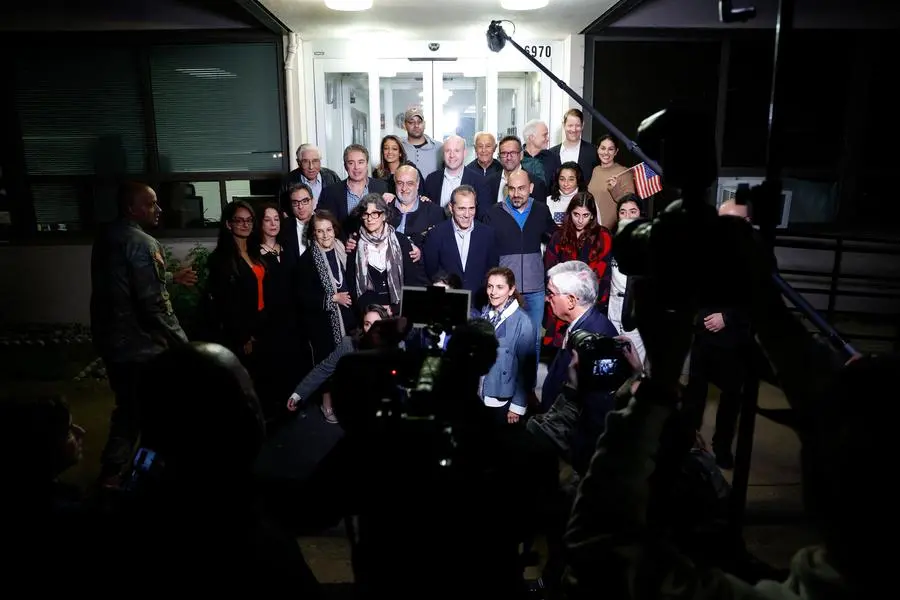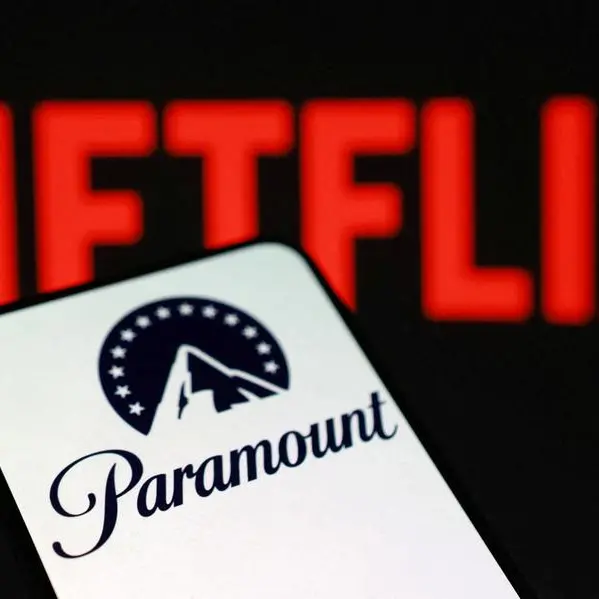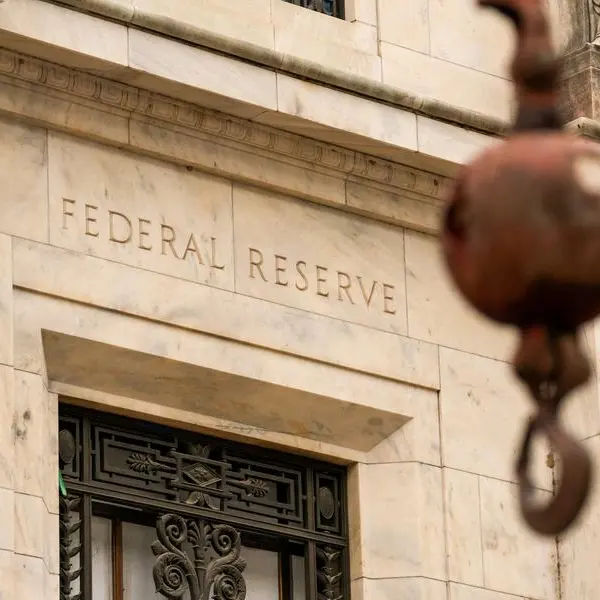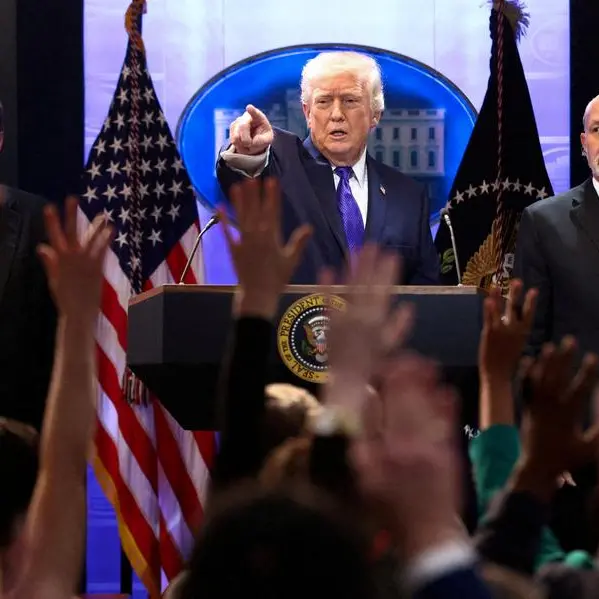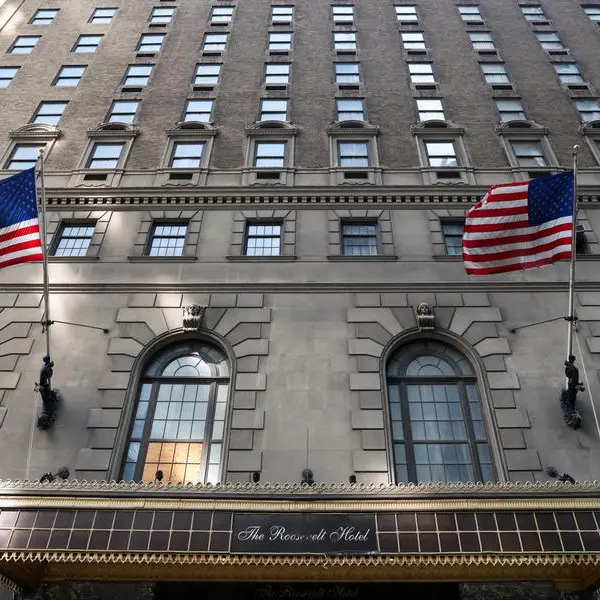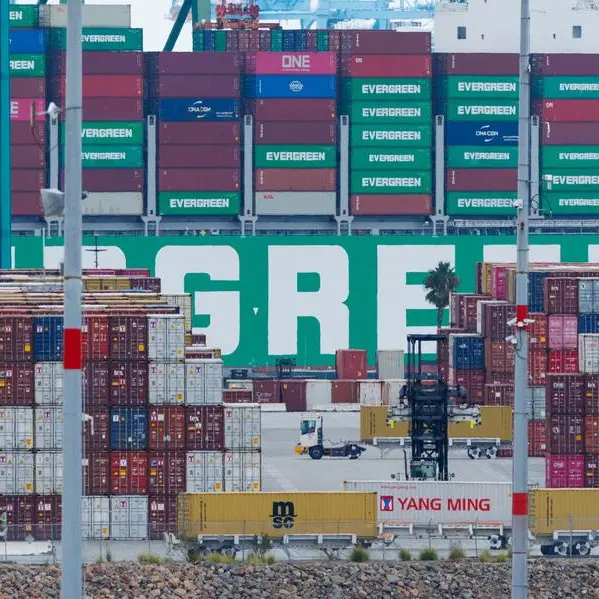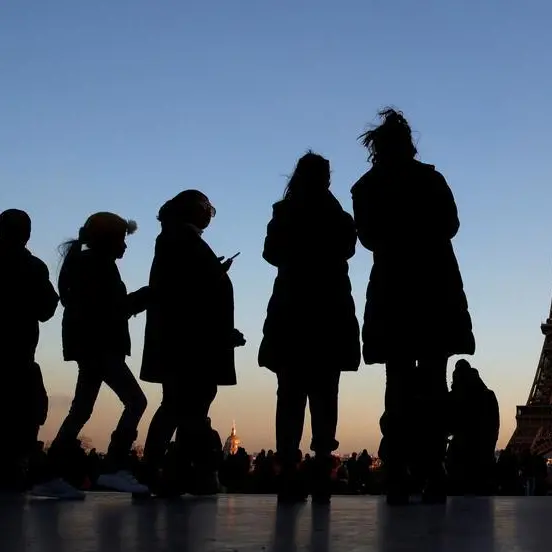PHOTO
Five Americans freed by Iran in a high-stakes prisoner swap landed back in the United States on Tuesday to a joyous reunion with family members.
The five arrived aboard an executive jet at a military airfield in Fort Belvoir southwest of Washington.
Relatives waved US flags and hugged the freed prisoners as they disembarked from the aircraft, then posed for a group photograph, grinning widely.
"Welcome home," National Security Advisor Jake Sullivan posted on X, formerly Twitter.
The former prisoners, including one held for eight years, were part of a rare prisoner exchange between Washington and Tehran, a deal that included the unfreezing of $6 billion in funds frozen by US ally South Korea.
The swap marked a slight thaw in relations between the two countries over a host of issues, including Iran's advances in its nuclear program, although some observers urged caution in viewing the release as a sign of change.
The prisoners arrived on a flight from the Gulf state of Qatar, which helped facilitate the exchange, negotiated over several months. They will receive a medical checkup in the Washington area.
Iran, which does not recognize dual nationalities, is still holding a number of European nationals including Jamshid Sharmahd, a German citizen sentenced to death.
At the United Nations, EU foreign policy chief Josep Borrell on Tuesday met Iranian Foreign Minister Hossein Amir-Abdollahian and voiced the bloc's "strong condemnation" over continued detentions, an EU statement said.
President Joe Biden's administration says that no further US citizens are known to be in Iranian prisons.
It has rejected criticism at home that it was paying "ransom," insisting the money will be used only for humanitarian purposes, with a threat to re-freeze the funds if not.
It insists that it is not relieving sanctions.
- Iran demands end to sanctions -
Iran has insisted it has full access to the funds.
Addressing the United Nations General Assembly, Iranian President Ebrahim Raisi said that sanctions reimposed by the United States were a "political tool on people" that had failed.
"These sanctions have not yielded the desired results. It is time now for the United States to bring a cessation to its wrong path and choose the right side," Raisi said.
But in his own speech at the United Nations, Biden vowed to work with allies to "address Iran's destabilizing activities that threaten regional and global security."
The United States remains "steadfast in our commitment that Iran must never acquire a nuclear weapon," Biden said.
Unlike European powers, the United States maintains no diplomatic relations with Iran's clerical state, established after the overthrow of the pro-Western shah in 1979.
Secretary of State Antony Blinken said the prisoner issue was a separate track from moribund talks on reviving a 2015 nuclear deal trashed by former president Donald Trump.
One of the freed prisoners praised Biden for ignoring the domestic political backlash and taking the "incredibly difficult decisions" that released them.
"Thank you, President Biden, for ultimately putting the lives of American citizens above politics," Siamak Namazi, a businessman held by Iran since 2015, said in a statement.
Other freed prisoners include wildlife conservationist Morad Tahbaz and venture capitalist Emad Sharqi, both of whom were held at the notorious Evin Prison but placed under house arrest last month.
Two other US prisoners involved in the swap have not been publicly identified.
The five Iranian prisoners released by the United States were convicted or charged with nonviolent crimes, with one already set to be released soon, officials said.
France, which backs the nuclear agreement and considers four of its nationals to be arbitrarily detained by Iran, warned against drawing a link.
"I think we need to be extremely careful to distinguish this from the nuclear issue," French Foreign Minister Catherine Colonna told reporters.
